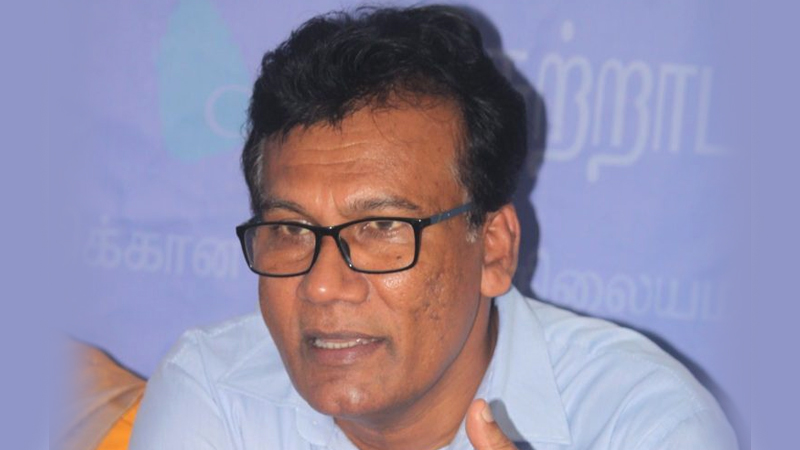The need to implement the Extended Producer Responsibility (EPR), a policy approach to make producers responsible for their products, has been felt strongly due to the continuous financial loss to the country from environmental pollution.
At a media briefing in Colombo on Thursday, marine conservationists and eco- activists said Sri Lanka had lost around US$ 500 million due to the non implementation of the EPR mechanism which aims to create a closed-loop system for plastic waste management.
“There has been a lot spoken about bringing in EPR laws but to date there is no way to curb the use of plastics and mitigate its adverse impact on the environment”, Centre for Environmental Justice (CEJ) Founder Hemantha Withanage said.
The Central Environment Authority (CEA) had plans to introduce new laws that will make companies using plastic packaging and bottles responsible to collect them after use through the EPR mechanism. This is to ensure manufacturers collect their used plastic packaging and bottles. The laws will hold them accountable for the entire lifecycle of their plastic products.
The CEA passed several gazettes related to plastic waste management. However, these laws have their strengths and weaknesses and their implementation has been weak.
The linear economy which makes products from material and generates waste has been transformed to a circular economy where materials are kept in the loop as long as possible. The Ministry of Industries and Industrial Development must promote this concept in the private sector.
Industries across the globe today are fast adopting the circular economy production method due to its cost benefits and environmental-friendly nature.
Manufacturing with the circular economy method has proven to be effective and industries based on the traditional linear economic model are under pressure.
The use of non-biodegradable plastic bags was banned in Sri Lanka in 2017, and the import of cutlery, straws, cups and food packaging was prohibited since 2021.
However, despite the ban, the use of plastic straws and cutlery is seen in many hotels today.
It has been estimated that in Sri Lanka around 89% of the annual amount of plastic waste is mismanaged.
The annual per capita ratio of mismanaged plastic waste stands at 10.5 kg, which is roughly 2 kg lower than the global average of 12.5 kg.
Global plastic waste generation has more than doubled from around 156 million tons in 200 to 353 million tons in 2019.
The Bangkok Declaration on Combating Marine Debris in ASEAN region calls for collaboration to protect their coasts, seas and livelihoods from marine plastic pollution in 2019 and the European Union adopted EU directive 2019/904, the ‘Single use Plastics Directive’ which bans several single use plastic products.
Pearl Protectors, a marine conservation organisation, revealed that Sri Lanka’s coral reefs and the sea bed has been polluted severely due to plastic waste.









